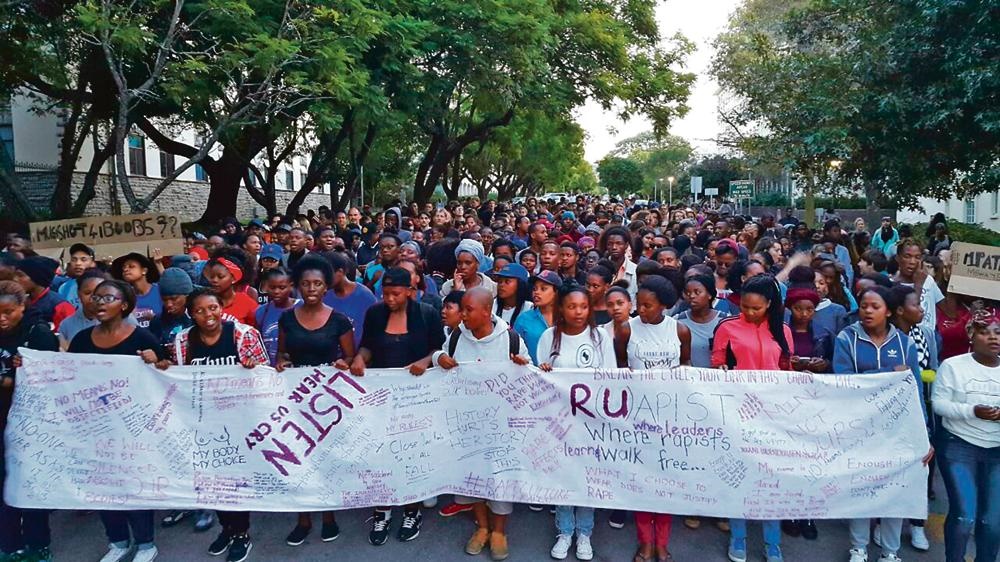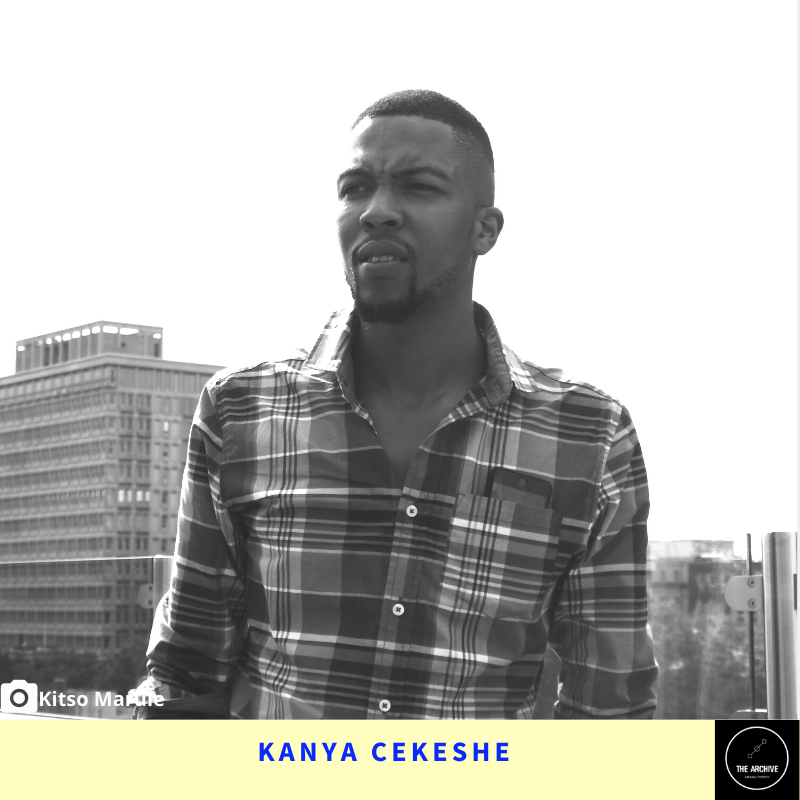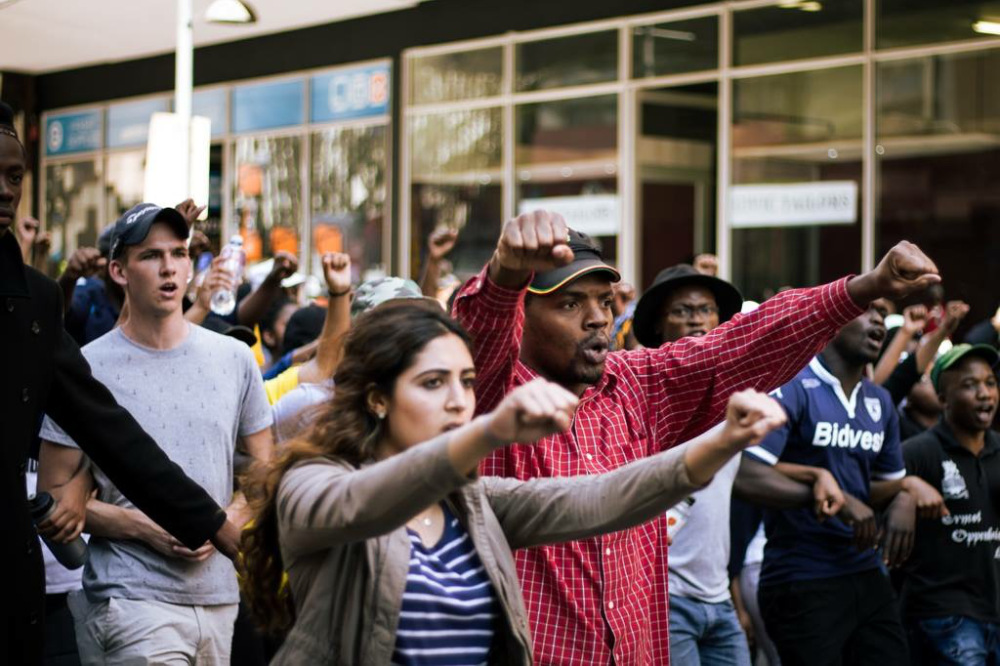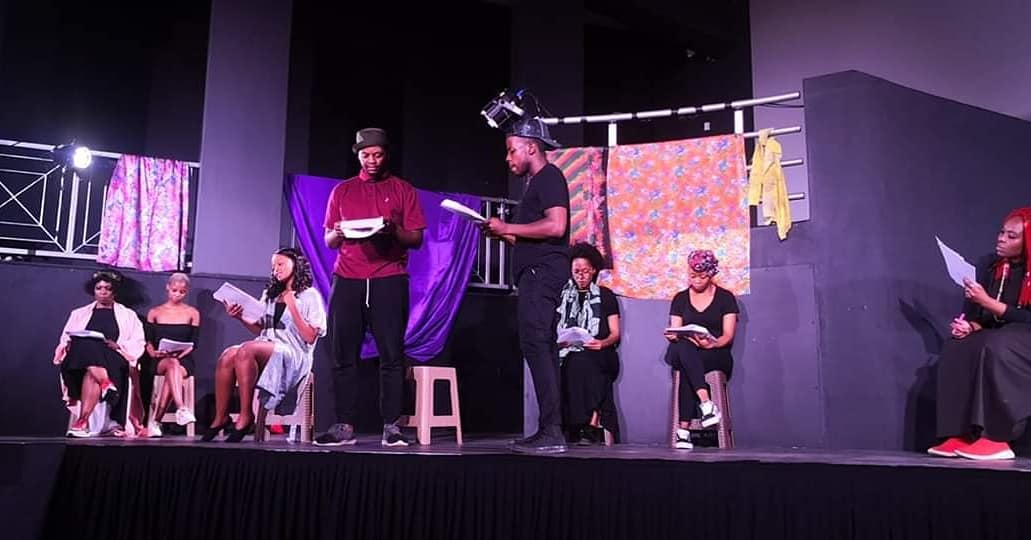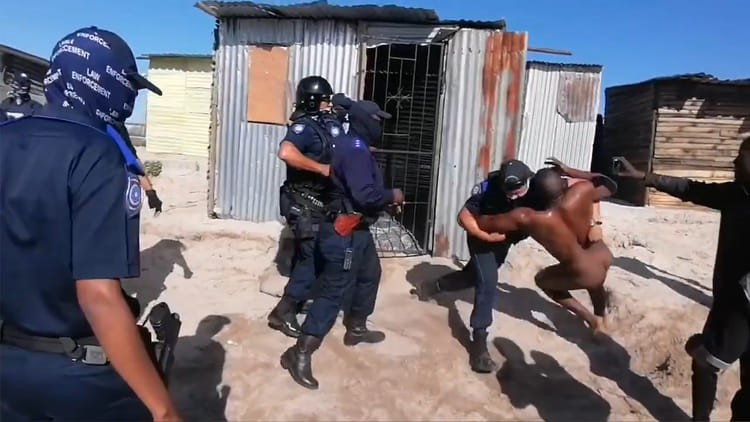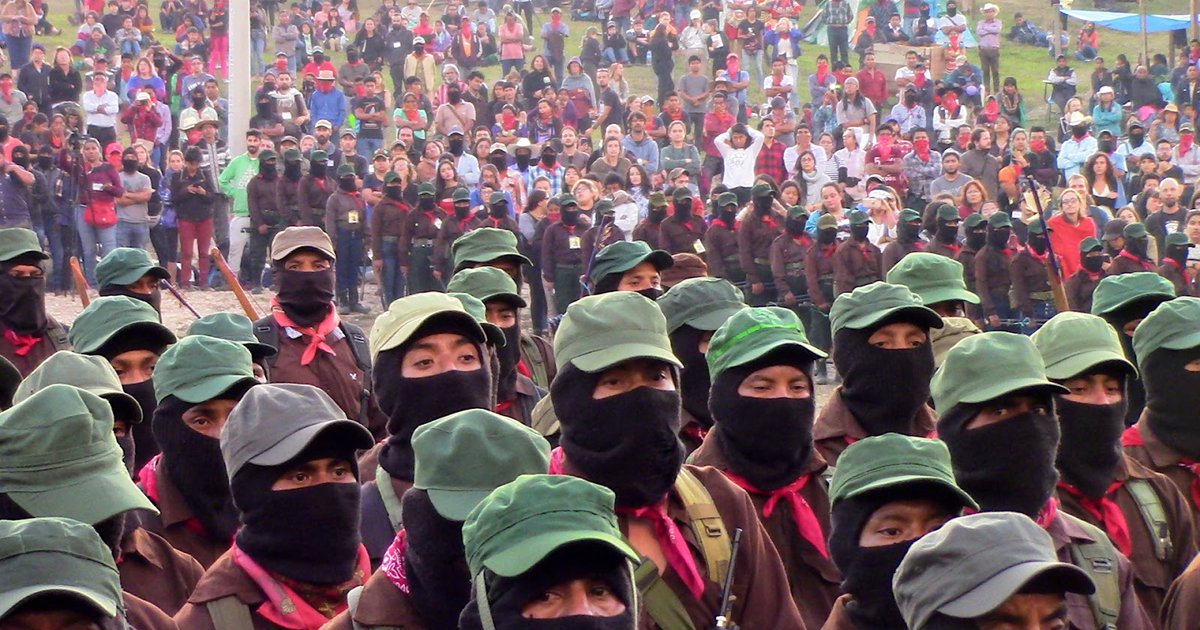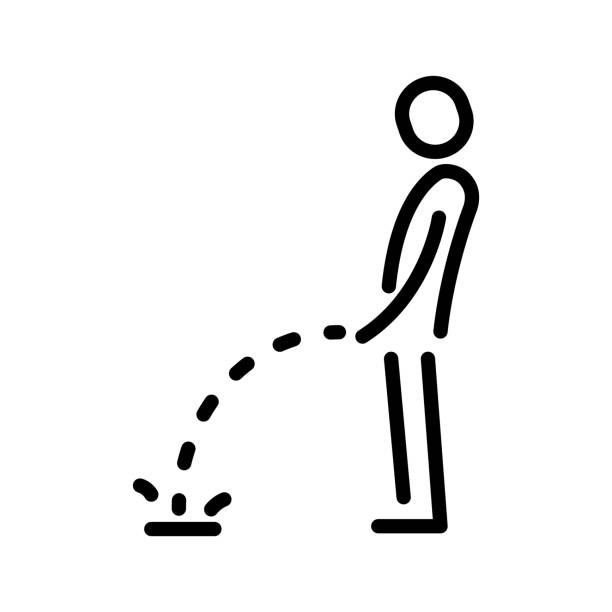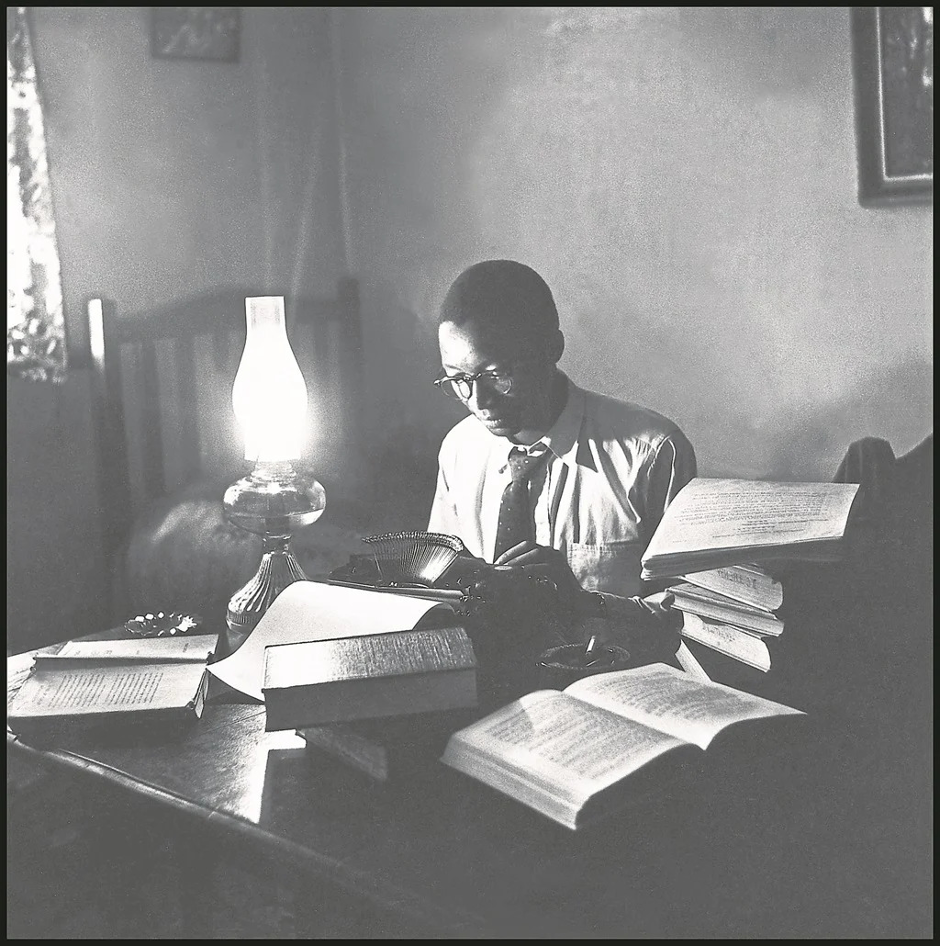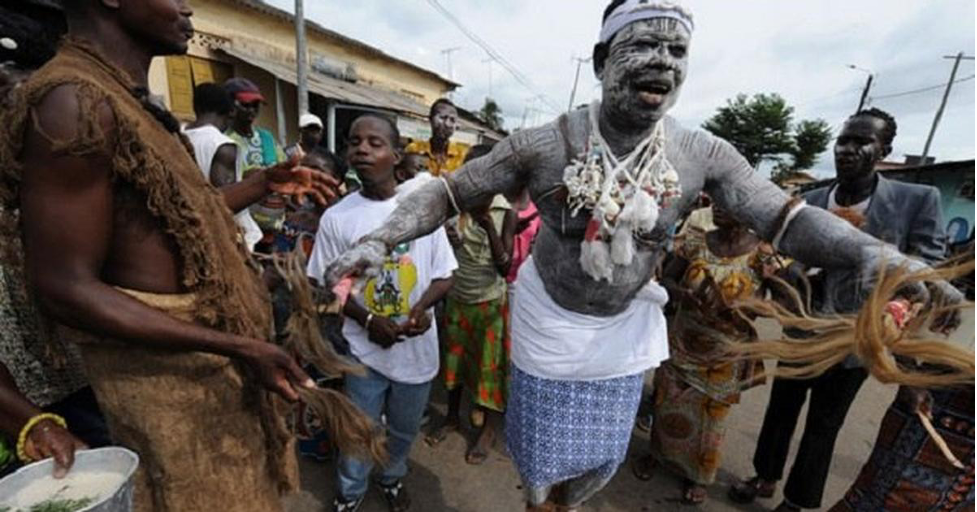Episode Two: Queer Intimate Partner Violence
This week's episode features two students from the University still known as Rhodes who are directing and producing a short docuseries on Queer Intimate Partner Violence (QIPV). We sit down with Tumelo Thamaga and Sinalo Tuku who talk to us about why they are interrogating this aspect of gender-based violence, and what hopes they aim to achieve through this production.
Intimate Partner Violence within queer and/or same sex relationships remains poorly understood and under researched. Gender-based violence is not only a heterosexual problem; let's stop negating the violent experiences that queer individuals go through in this patriarchal and homo/trans/phobic society.
About
The Archive: Amabali Wethu is an organisation that aims to cultivate a practice of dialogue that broadens our understanding of GBV and recovery through curatorial and creative archival work. Motivated by the guiding intersectional principle of experiential knowledge, our work is centred around three pillars: Awareness, Navigation and Recovery.
AmabaliPod is a research-driven podcast series on the multi-layered experience of gender-based violence in South Africa. We aim to host discussions with womxn and LGBTQIA+ people with a myriad of perspectives and contributions regarding GBV and relationships, activism, health and safety, consent culture, governance and public policy, working environments and money. Importantly, while attentive to the banal and complex modes of violence that systemic patriarchy inflicts on us, the podcast also seeks to provide a safe, public platform that affirms survivors and the possible non-violent futures that we are working towards.
The podcast also intends to create a space for anonymity where audience members can contribute to the show; can share their personal experiences without the pressure and the fear of exposing their identities. This is important because of the stark reality of re-perpetration and re-victimization as a result of sharing and speaking out about one’s experience with GBV.
Who We Are:
Yolanda Dyantyi is a 22-year-old feminist-activist who is moved by the importance of creating as many platforms as possible to share our stories about the many intersecting experiences of systemic violence. Her work is informed by her own experiences within grassroots activism and the power of civic engagement in amplifying the voices of marginalised communities, particularly those of poor black women. Yolanda believes that our stories are political tools that can push for social, political and economic reform.
Ciko Sidzumo is a black queer feminist-activist who believes in the necessity of creating multi-medium storytelling platforms for the enrichment of the community. She aims to use her skills and interests in creative producing, such as theatre-making, filmmaking and storytelling, to encourage community engagement on critical socio-economic, political and gender issues in South Africa. Ciko is deeply moved by the promotion of community-based solutions for the creation of effective and affective change in society, and these principles inform the work that she aspires to do continuously as an activist and a creative. She is a firm believer in radical love, radical healing and radical happiness.


